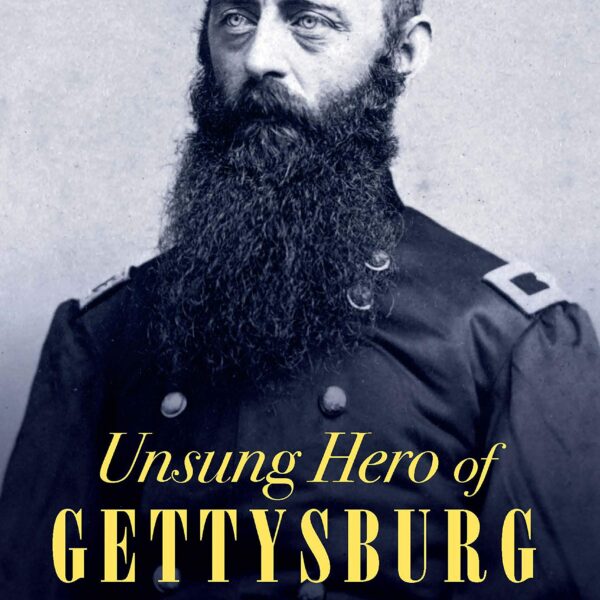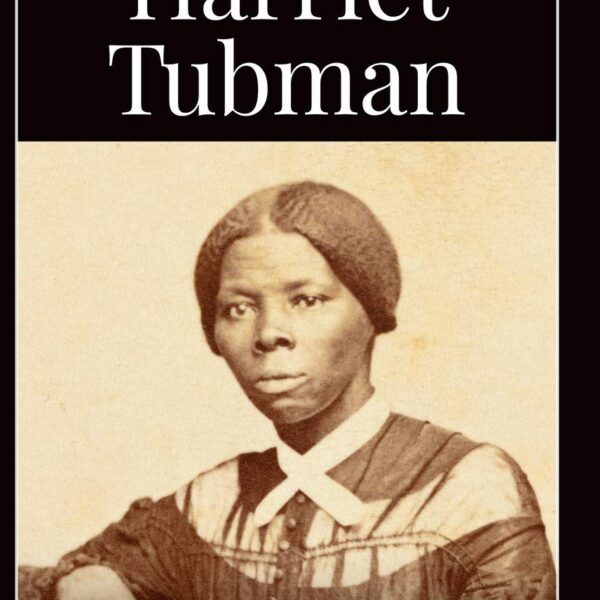Civil War historians have long made much ado about July 1863. Generations of scholars and writers have argued that the war reached a turning point with Robert E. Lee’s defeat at Gettysburg and Ulysses S. Grant’s victory at Vicksburg. While the former inspires far more storytellers than the latter, the Vicksburg Campaign nonetheless possesses a strong historiography. Edwin C. Bearss’ trilogy marks the most complete treatment of the campaign’s military history, while Michael B. Ballard, Timothy B. Smith, and other scholars have offered up superb single volume studies.
Scholars have not always made much of the abilities of Vicksburg’s conqueror. Many of the conflict’s early storytellers, often influenced by the Lost Cause, presented Grant as but a butcher who achieved victory because of his numerical superiority. During the early decades of the 1900s, adherents of the Dunning School added corrupt politician and failed president to Grant’s list of deplorable bona fides. As evinced by the publication of William S. McFeely’s highly critical and Pulitzer Prize winning Grant (1981), the general’s negative reputation lasted well beyond the war’s centennial.
Recently, however, Grant’s reputation has experienced both a popular and scholarly renaissance. Historians and biographers such as Jean Edward Smith, Brooks D. Simpson, Ronald C. White, Ron Chernow, and Joan Waugh have evaluated the general’s role in Union victory more positively. Donald L. Miller, in Vicksburg: Grant’s Campaign That Broke the Confederacy, joins the choir of voices returning the shine and luster to Grant’s long tarnished reputation. As implied by the book’s subtitle, Miller argues that “Vicksburg was that rare thing in military history: a decisive battle, one with war-turning strategic consequences” (482).
While Miller’s assessment of Grant’s abilities is ultimately positive, it is measured—and all the more convincing for its moderation and nuance. The Ohioan was meticulous in his study of maps and a willing partner with the Navy, but his early victories, such as Fort Donelson and Shiloh, were characterized by sloppy preparation, clumsy mistakes, and some luck. He possessed grim determination, but all too often he was haunted by the specters of his past failures. Although his drinking was never as ubiquitous as his critics alleged, he struggled with the bottle throughout the war. Even Grant’s masterstroke at Vicksburg was characterized by “never-ending improvisation” (352).
Miller’s nuance, for all of its virtue, results in contradiction at least once. He argues that “part of Grant’s genius as a commander was his facility with the English language, his ability to write orders that communicated to his subordinates exactly his intentions and their responsibilities” (290). Yet in his ultimate evaluation, he argues that applying the label “genius” to Grant or any other commander is folly. “Genius is a quality inappropriate to leadership in warfare and can lead to a form of ‘armchair idolatry’ that ignores the role of the structural underpinnings of victory: factories, railroads, steamships, ordnance, and logistics, along with that elusive quality called luck” (479). Despite this inconsistency, as evinced in the preceding quotation, Miller shrewdly incorporates the myriad factors that shape battlefield events when evaluating his subject.
Taking a longue durée approach to the campaign, Miller’s book is far more all encompassing that its title suggests. “The campaign to subdue Vicksburg,” he reminds his readers, “was a sixteen-month long ordeal begun by the United States Navy in early April 1862” (94). Miller chronicles the first two years of the Union war effort in the western theater, providing chapter length discussions of the Battle of Shiloh, the capture of New Orleans, and other pivotal events. Grant’s early life is the subject of ample pages, and readers are plied with biographical sketches of other significant actors such as William Sherman, David Porter, and David Farragut. Miller’s narrative ends with the Union’s occupation; readers wanting to continue that story thread should turn to Bradley Clampitt’s Occupied Vicksburg (2016).
Moreover, while Vicksburg is largely a military story, Miller often—and capably—chronicles civilian experiences as well. He touches on the city’s antebellum history and paints a vivid portrait of life inside the city before and during the siege. Union soldiers’ ever evolving attitudes towards secession and slavery also receive attention. The campaign provided 100,000 slaves with the opportunity to pursue freedom; Miller discusses how they benefitted from, and contributed to, Grant’s operations.
Some readers will take issue with the book’s debatably hyperbolic subtitle. As a lot, Civil War historians are perhaps too fond of labelling turning points. Vicksburg, as argues Miller, broke the Confederacy, while others argue that its flood-tide shattered at Gettysburg. Still, some insist that rebel defeats in Fall 1862 were irreversible, while a contingent insists that Atlanta’s fall in 1864 was the South’s last chance for victory. Nearly every major Civil War battle has skilled scholars arguing for its primacy. Simply put, some readers will agree with Miller’s contention; others will not.
Undebatable, though, is Miller’s strength as a storyteller. Impeccable prose anchored by a staggering amount of archival research and an impressive grasp of relevant historiography line every page. Several clear and detailed maps enhance Miller’s compelling narrative. Vicksburg should reach a wide readership. Specialists will benefit from the book’s depth of detail and research, while general readers will be seduced by Miller’s beautifully constructed narrative and ample contextualization.
Robert L. Glaze teaches history courses for Georgia Military College and Lincoln Memorial University. He is currently revising his manuscript, Experiencing Defeat, Remembering Victory: The Army of Tennessee in Civil War Memory.



